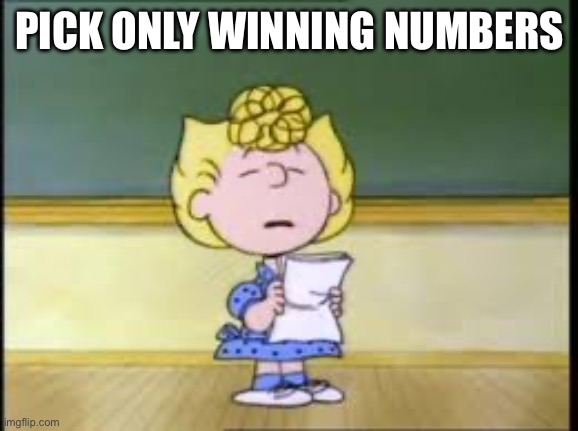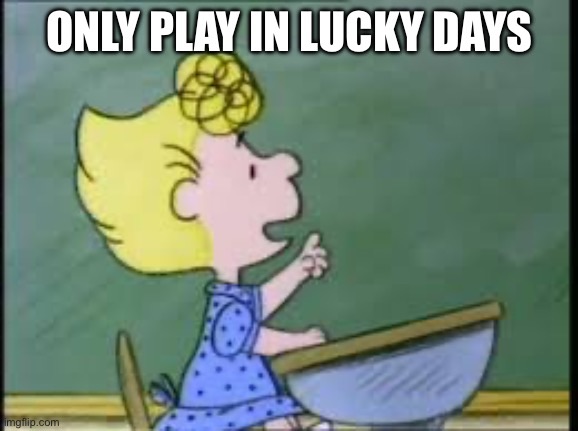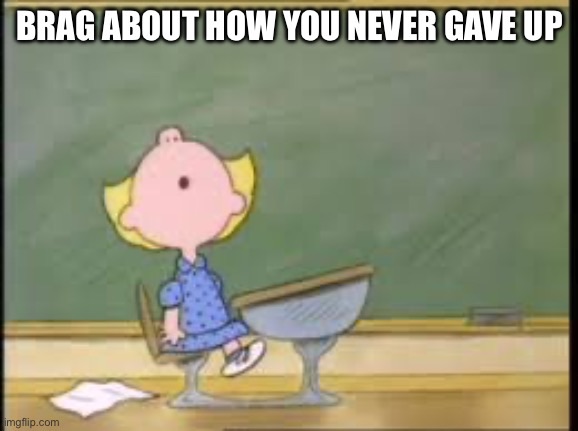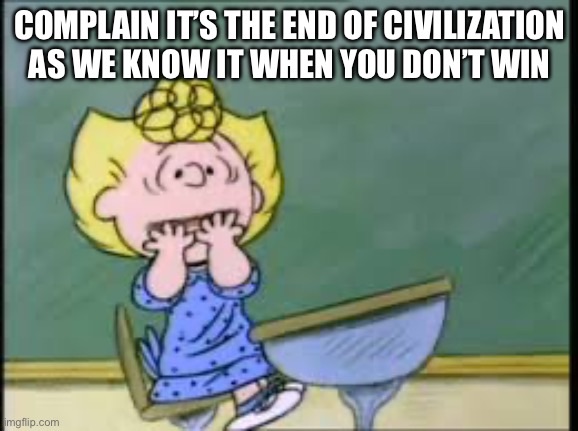
Ah, the myth of destiny—that sweet nectar for the ego. The libertarian foundational story is laced with this idea, isn’t it? Not just the belief in freedom but the deeper, more insidious conviction that those who “make it” were always meant to make it. The idea that they are chosen. Special. Not a product of random chance or circumstance, but of some divine alignment of their talents, vision, and grit. And to suggest otherwise? To whisper that it might have been luck, a stroke of fortune? That’s like telling a lion he was born in a zoo.
Tell them it was a lottery, and they go apeshit. Suggest that maybe, just maybe, they didn’t claw their way to the top by sheer force of will and rugged individualism, but because they happened to have the right ticket in hand at the right time. Watch the fury in their eyes. The rage bubbling up because the myth of destiny, the myth of meritocracy, is the air they breathe.

Because here’s the thing: the lottery represents randomness. Chaos. It’s the antithesis of the control they believe they have. The idea that life’s outcomes might not be the result of pure skill, but instead of random chance, rips the fabric of their self-narrative. They want to believe in a world where hard work guarantees success, where they are masters of their fate. But the dirty little secret is, it’s not that simple. It never has been.
The lottery is the truth they can’t face. That for every entrepreneur who strikes gold, there are a thousand more who had just as much talent, just as much drive, but were buried by bad timing, by the wrong circumstances, by forces outside their control. They can’t stomach that. It would mean they weren’t chosen. It would mean their success might not be entirely deserved. It would mean acknowledging the invisible hand of chance, and once they do that, the whole edifice of their libertarian self-image crumbles.

So they rage. They cling tighter to the myth of destiny, this idea that they are somehow different. They were destined for greatness, and nothing else could have happened. To them, to suggest a lottery is to spit in the face of their carefully crafted illusion. They’ll argue that they worked harder, smarter, that they deserved their success. But underneath that argument is the fear—the creeping, gnawing fear—that maybe, just maybe, they aren’t as special as they think they are.
And that’s the heart of it, isn’t it? This obsession with destiny, with control, with the idea that life is a meritocracy. That’s why they hate the lottery metaphor so much. It means admitting that luck played a role. That chance, that randomness, had a say in their story. And for someone who’s built their entire identity around the idea that they alone shaped their fate, that’s an unbearable truth.

But the irony is, deep down, they know it. They know that the world isn’t fair, that some people get dealt better hands, that the game was rigged long before they ever sat down at the table. But they can’t admit it, because if they do, they have to face the uncomfortable reality that maybe, just maybe, they aren’t so different from the rest of us after all.

Alright, let’s get quantum dirty. You think you’re in control, that the world’s a straight line running from your sweaty palms to that pile of cash, that big house, the golden future. But you’re wrong, man. You’re living in a probability cloud, a haze of chance and chaos, and every time you blink, you’re collapsing a thousand realities into one. A shot in the dark. A roll of dice in the cosmic casino, and you’re sitting there pretending you dealt yourself a perfect hand. The libertarian dream? It’s a joke, an inside-out delusion, built on the idea that destiny’s got your number, when really, you’re just a speck in the quantum soup, swirling through a mess of entanglements and uncertainties.
You pull on those bootstraps, and you think you know where you’re headed. But baby, you’re already entangled with a million other variables, a web of forces you can’t see, let alone control. It’s all connected, every little twitch of fate, every hand that shook a deal, every law that bent in the dark. Your precious individualism? Just noise in a system that doesn’t care about you, doesn’t even notice you. You think you’re free, but you’re bound tighter than a photon to its twin. You succeed because a million dice landed the right way, not because you’re special.
You think you walked a straight line to the top, but that line? It was never there. It’s all superposition, man—your life, your choices, they’re stacked up on top of each other, layers of possibilities. You’re everything and nothing until the moment someone looks at you, and the wave collapses. Maybe you’re the genius entrepreneur. Maybe you’re the guy who got lucky. Maybe you’re nobody. It’s all there, and none of it’s real until the world decides. You don’t like that? Tough. That’s quantum reality. That’s the game.
And the lottery? The thing that makes you see red, that gets you hot under the collar? It’s the truth you can’t face. You didn’t build this empire, you didn’t craft your success from raw determination and the sweat of your brow. No, you drew a ticket. You got lucky. But your brain can’t handle that, because deep down, you need to believe you’re different, destined for greatness. The universe? It doesn’t give a damn about your story. It’s a roulette wheel spinning, no favorites, no patterns. Just chaos.
What you call destiny is just randomness dressed up in a three-piece suit. You were fooled, man. Fooled by randomness, by the quantum roll of the dice. But you can’t let go of the myth because that would mean accepting that you’re just another probability collapsing into the void. And that, my friend, is the real terror: the thought that you’re not special. You’re just a collection of variables playing out in an equation you’ll never understand.